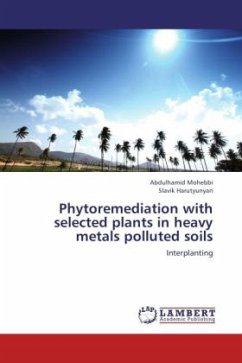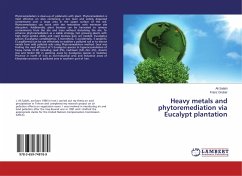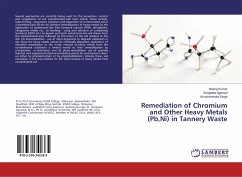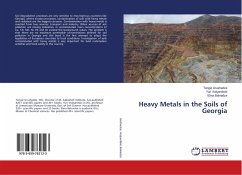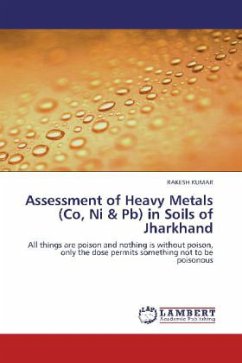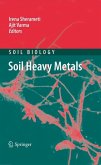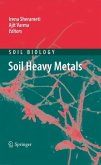The most common heavy metals in the soil environments are Cd, Cu, Pb, and Mn. Metals are natural components in soil. Environmental contamination has resulted from industrial activities such as mining and smelting of metalliferous ores, electroplating, gas exhaust, energy and fuel production, fertilizer and pesticide application, and generation of municipal waste. High levels of metals in soil can be phytotoxic. Poor plant growth and soil cover caused by metal toxicity can lead to metal mobilization in runoff water and subsequent deposition into nearby bodies of water. Uptake of pollutants by plants and entering the food chain can cause different disease for humans and other organisms. There are different methods for refining contaminated soils. One low-cost method for refining contaminated soils is using plants (Phytoremediation) that has lower cost, compatible with nature and require fewer facilities than other methods of refining. Plants are able to influence the availability of heavy metals in the rhizosphere due to root exudates and other mechanisms resulting in a change in their phytoextraction capability.
Bitte wählen Sie Ihr Anliegen aus.
Rechnungen
Retourenschein anfordern
Bestellstatus
Storno

